Hungary says it will veto any EU sanctions against Russian nuclear energy
Hungary says it will veto any European Union sanctions against Russia that affect nuclear energy after Ukraine called on the 27-nation bloc to include Russian state-run nuclear power giant Rosatom in the list of sanctions.
In an interview with state radio on Friday, Hungary's Prime Minister Viktor Orban reiterated that nuclear energy “must obviously be vetoed".
“We will not allow the plan to include nuclear energy into the sanctions be implemented," he stressed. “This is out of the question.”
Ukraine has called on the EU to include Rosatom in sanctions but Hungary, which has a Russian-built nuclear plant it plans to expand with the Russian energy company, has firmly opposed the move.
EU-member Hungary has repeatedly decried the bloc's sanctions against Russia and has said that the measures failed to weaken Russia and on the contrary resulted in an economic crisis in Europe.
Over the past year, Western countries have imposed waves of sanctions on Russia, but have stopped short of sanctioning Russia's nuclear energy.
The US Treasury Department said on Thursday that it was sanctioning dozens of people and entities it said were linked to Russia's military campaign in Ukraine.
It also labelled the Wagner Group, a Russian paramilitary group fighting in Ukraine, as a "transnational criminal organization".
Russia said on Friday that the new sanctions imposed by the US were "absurd", and that they would make it more difficult for foreign companies to do business.
"With each new wave of economic barriers, the inefficiency and absurdity of this approach becomes more obvious," Russia's embassy in the United States said.
It added that foreign entrepreneurs and companies were the first to suffer from new sanctions and that their ability to continue working with Russian partners was "constantly shrinking".
Hungary's Paks nuclear power plant has four small Russian-made VVER 440 reactors with a combined capacity of about 2,000 MW, commissioned between 1982 and 1987.
The plant produces about half of its energy and gets its nuclear fuel from Russia.
As per the contract signed with Russia in 2014, Hungary plans to expand the power plant with two Russian-made VVER reactors with a capacity of 1.2 GW each.
Orban in his radio interview on Friday affirmed his country's neutral stance on the Ukraine war, saying Hungary’s security comes first, and that is why the country is "not at war with anyone".
“We said from the beginning that this is not our war and that this is a war that should be localized, not internationalized, he stressed.
“Hungary is not drifting into war, and if the government were to accidentally take steps in this direction, it would be confronting the will of the people."
Orban strongly slammed the decision to provide Ukraine with German Leopards and American Abrams tanks.
"It started when the Germans said that they will only give helmets, but they will not send life-killing equipment to a war. We are already at the stage of tanks. If you do not set your boundaries in a conflict, you will be dragged into it," he said.
Earlier this month, Hungary’s foreign minister criticized the EU's sanctions against Russia, warning they have damaged economies of member countries more than their target’s as well as failing to stop the war in Ukraine.
“If we make an assessment, an analysis, about the impact of sanctions, it’s obvious that they have not fulfilled expectations,” Péter Szijjártó said at the World Economic Forum in Davos.
“Russia’s economy is not on its knees, definitely. We can have different assessments of how badly they perform but they’re not on their knees, and the war is not coming to its end. And Europe’s economy is suffering more from sanctions than the Russian economy.”
Leader: Iran has no proxy forces in West Asia
US fighter aircraft shot down ‘in friendly fire’ amid aggression on Yemen
Yemeni FM: Israel’s sponsors accountable for ongoing aggression on Sana’a
Eight Palestinians killed as Israel attacks Gaza school, hospitals
VIDEO | Rome, Milan host new protests in solidarity with Palestinians
Dec. 21: ‘Axis of Resistance’ operations against Israeli occupation
Spain jurists demand ties with Israel ties be cut
VIDEO | Press TV's news headlines


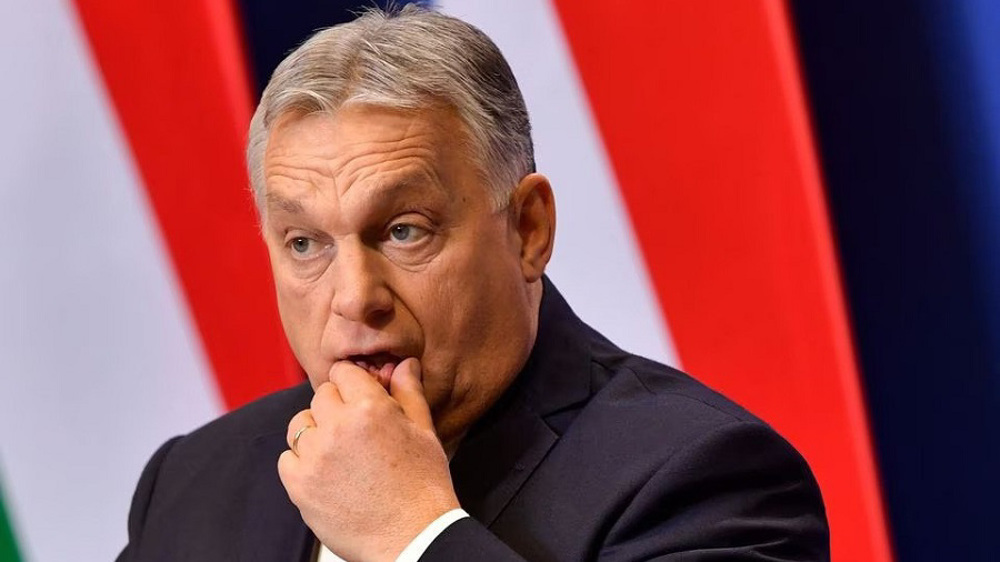
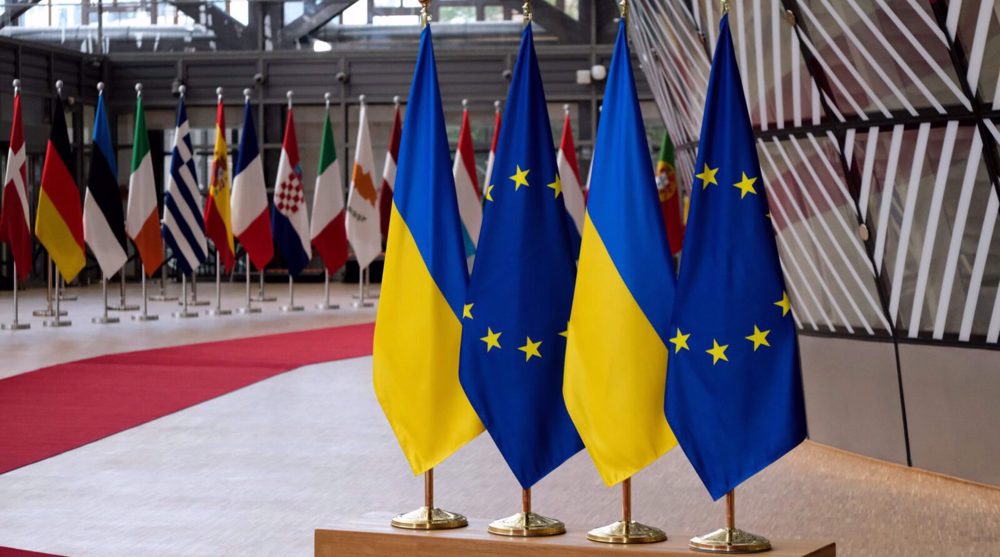


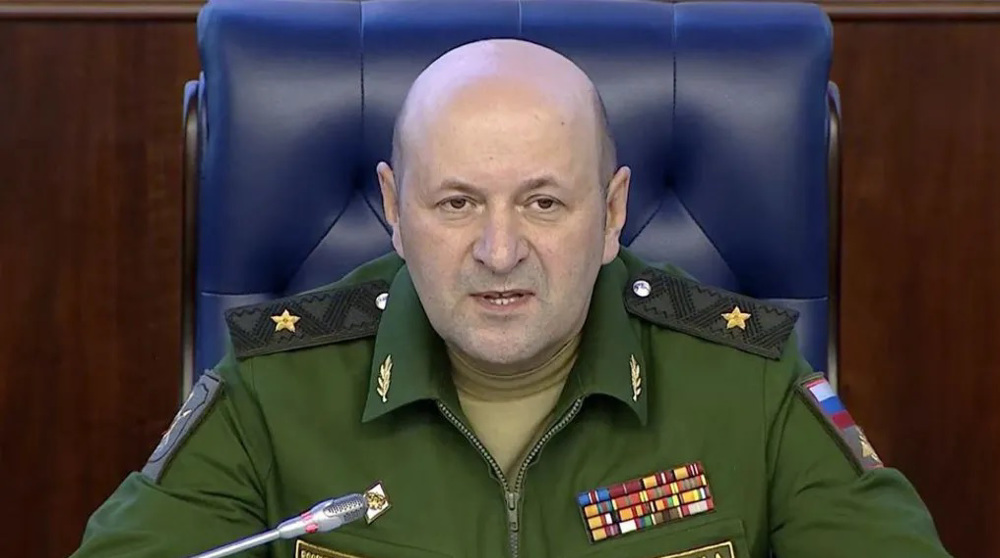



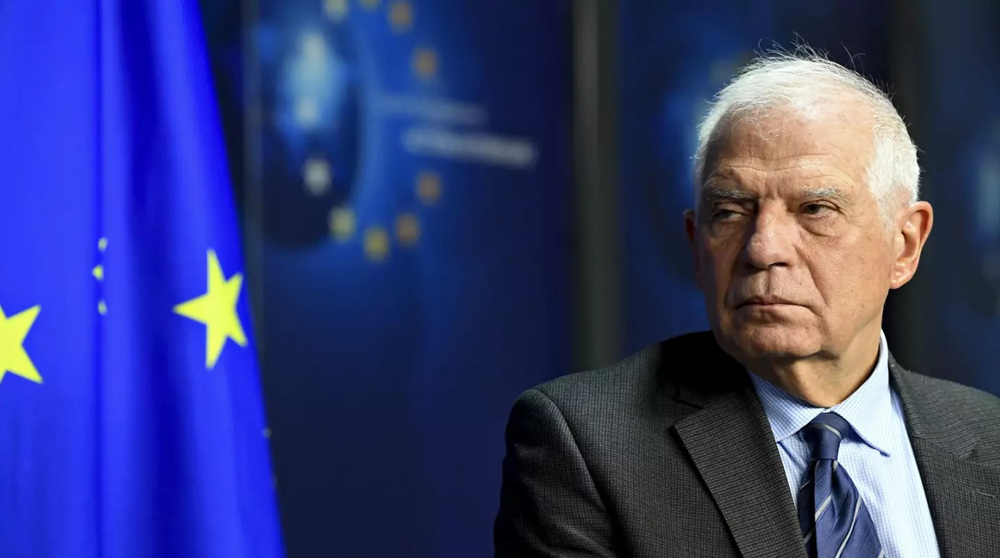
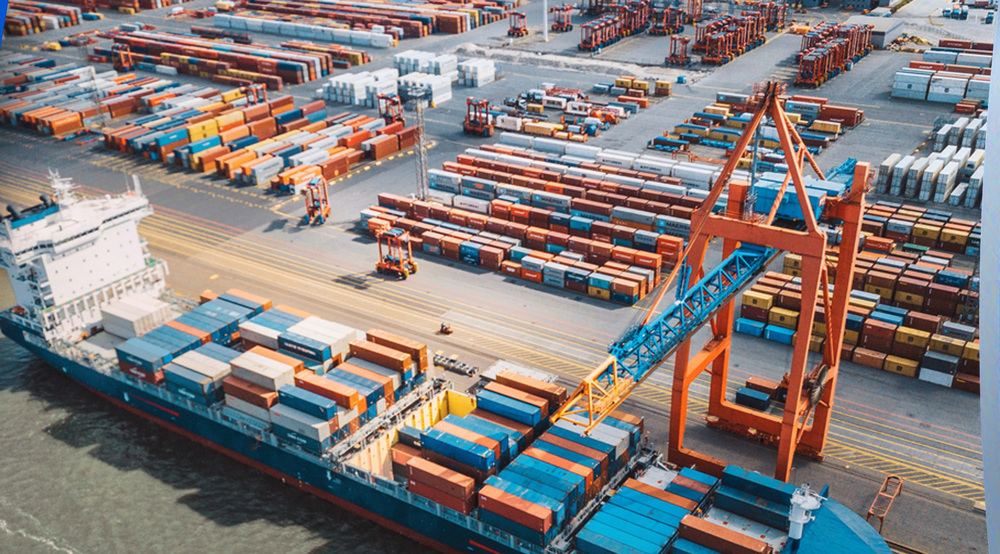
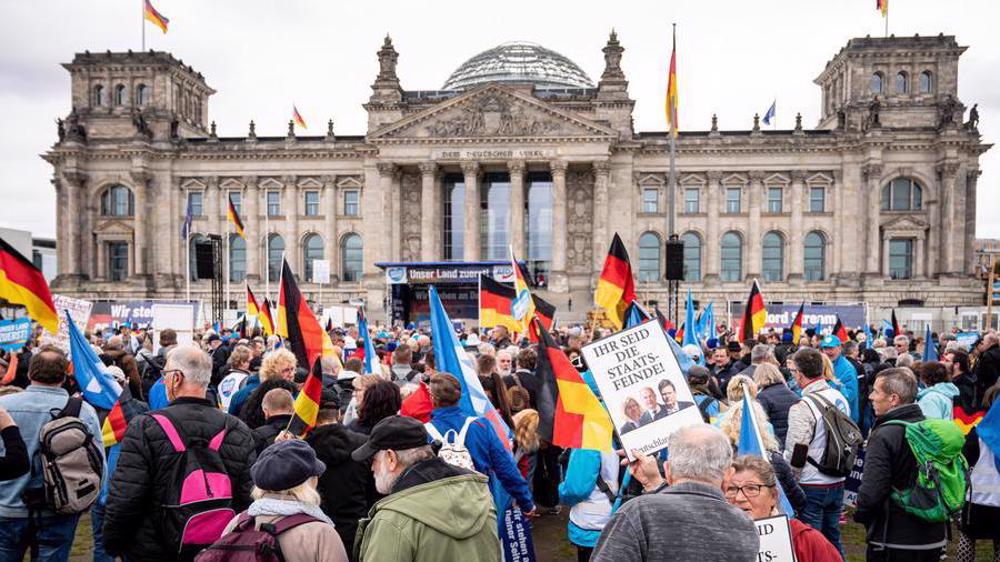
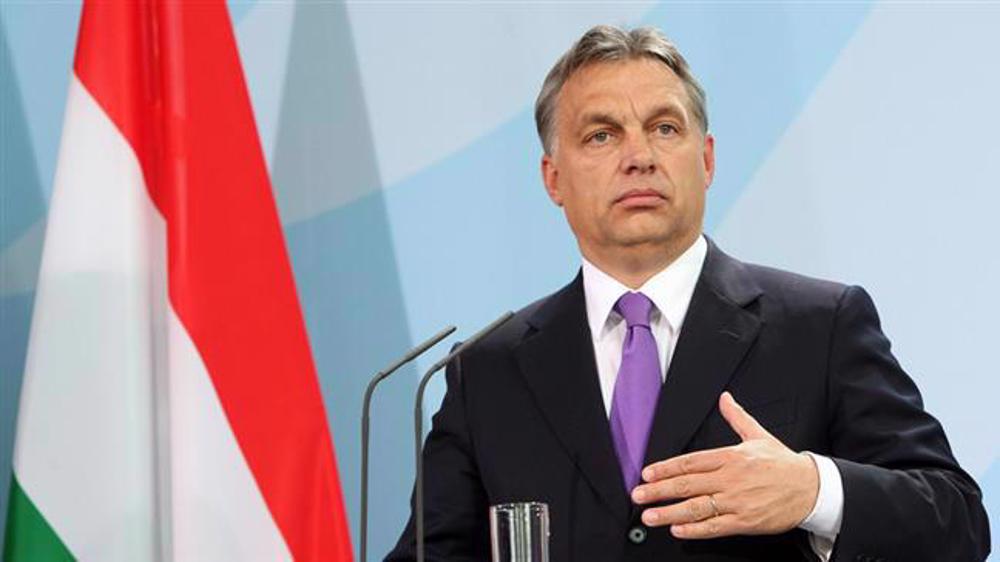


 This makes it easy to access the Press TV website
This makes it easy to access the Press TV website